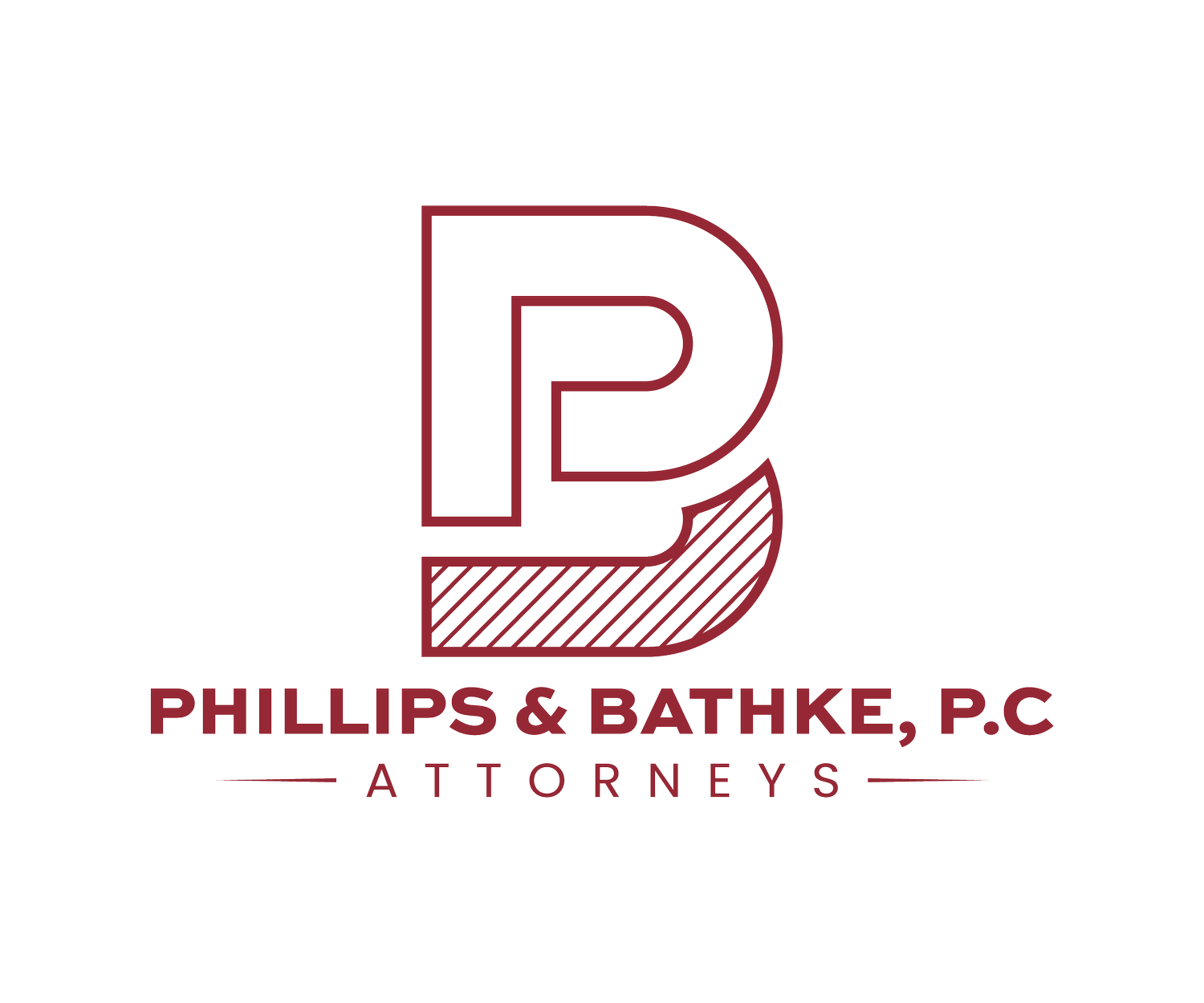distinctiveness may not be necessary to keep a competitor’s mark off the trademark register
A recent, precedential, decision from the Trademark Trial and Appeal Board (TTAB) addressed the issue of acquired distinctiveness for descriptive marks listed on the Supplemental Register. This ruling has notable implications for trademark practitioners and businesses alike. State Permits, Inc. v. Fieldvine, Inc., Cancellation No. 92075095 (August 16, 2024).
Key Takeaways from the Decision
The TTAB’s decision in State Permits, Inc. v. Fieldvine, Inc. clarifies that demonstrating acquired distinctiveness for descriptive marks on the Supplemental Register may not be a necessity. This contrasts with the requirements for marks on the Principal Register, where plaintiffs must generally prove rights in a mark to succeed in a likelihood of confusion claim.
Background
In the context of challenging a registration on the Principal Register, the precedent set by Otto Roth & Co. v. Univ. Foods Corp. requires plaintiffs to prove that they have rights in a protectable, distinctive mark to establish a likelihood of confusion. That said, this requirement is not necessarily applicable to marks on the Supplemental Register.
According to Books on Tape, prior use of a confusingly similar term, even in the absence of acquired distinctiveness, can lead to the cancellation of a mark's registration. This principle was evident in the State Permits, Inc. case, where the TTAB's decision acknowledged that a mark’s descriptive nature and prior use could affect its registrability without the need to establish acquired distinctiveness.
Implications for Trademark Practice
This decision highlights a crucial distinction between the requirements for marks on the Supplemental Register versus the Principal Register. For practitioners, this means that when dealing with descriptive marks on the Supplemental Register, the focus may shift away from proving acquired distinctiveness and more toward the potential confusion with previously used marks.
The ruling underscores the need for thorough due diligence in trademark searches and registration strategies, particularly when dealing with descriptive terms that may be subject to cancellation despite their placement on the Supplemental Register.
Conclusion
The TTAB’s ruling in State Permits, Inc. v. Fieldvine, Inc. serves as a significant development in trademark law, providing clearer guidance on the treatment of descriptive marks on the Supplemental Register. As always, staying abreast of such precedents is crucial for navigating the complexities of trademark registration and enforcement.
For further insights into how this decision may impact your trademark strategy, feel free to Contact Our Office. Our team of experienced attorneys is here to assist with all aspects of trademark law and ensure your intellectual property rights are well protected.
